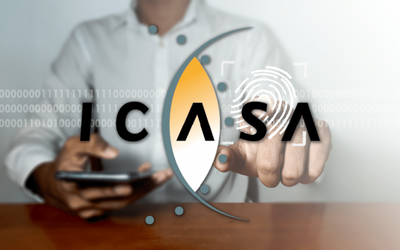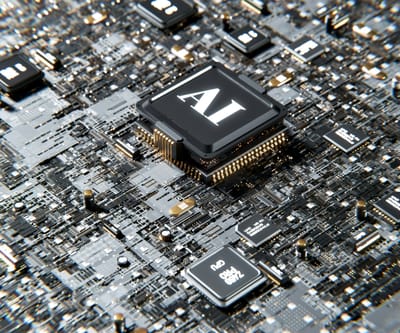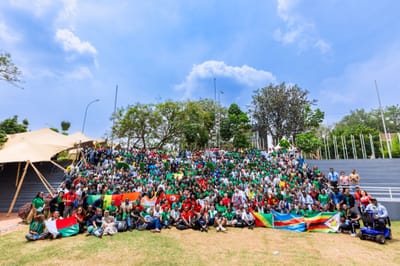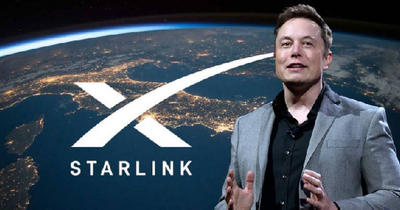It’s amazing how quickly trends catch on especially as far as digital technology is concerned. These days, it is very rare you’ll find many urban people carrying cash around.
Such has become the convenience of a cashless society that wherever we go, we can pay for goods and services using different non-cash alternatives.
This is especially true across the continent where mobile money (delivered mostly via USSD) has become somewhat the norm. The cashless society trend has likely caught on because of its convenience for customers and for merchants its less of a risk, generally speaking, to not carry cash and accept card or mobile money payments.
Surveillance society
The biggest point missing from the whole cashless society discussion, which is basically digital money, is the point about how it turns us into a complete surveillance society. We end up having little (if any at all) freedom or privacy when it comes to how we use our money.
We end up being under constant "digital money surveillance."

In recent years online privacy has become a hot topic, rightfully so, as we continue to experience an increasing number of data leaks and breaches and privacy abuses/negligence by technology companies. Now, if you add into that mix a society where every single monetary transaction can be digitally traced to a person (or organization) and is controlled and handled by state-sanctioned entities (banks, etc.), we literally lose whatever little freedoms and privacy we have left.
Privacy is a right
Many times when this privacy angle is raised some counter with the point that if you have nothing to hide you shouldn’t be bothered. Well, that’s not how this works.
Firstly, privacy is a right. You don’t have to disclose (as long as it is legal) to anyone what you do with your money (with the exception of the tax man). Secondly, with digital money surveillance (as we are currently witnessing with our personal data on various digital platforms) comes control and the ability for various actors in that cashless society supply chain to restrict how you use your money or withhold it.
I am not opposed to digital money. Without a doubt, a cashless society has many benefits, especially for us regular people. I remember the first several times I used an Uber and didn’t have to check if I had enough cash or haggle with the driver. The driver just stopped at my destination, I hopped out, my phone beeped, the driver was paid. We can still do all this with cryptocurrencies and retain control of our money and a certain level of privacy (despite popular belief, you can trace crypto transactions but that’s a topic for another day).
A cashless society means surveillance, it means possible censorship (of your money), unless it is crypto.
— By Tefo Mohapi






